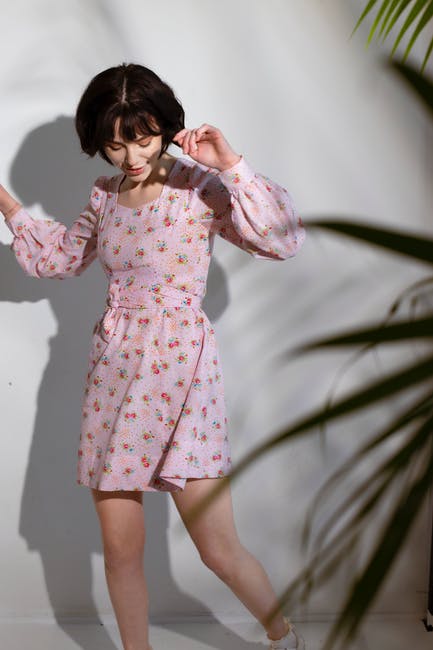
By following a solid and easy-to-learn-understand basic strategy, poker players can expect to significantly increase their chances of profit from any blackjack session.
Why The House Edge Matters
The house edge is the amount the casino is expected to win on any slot or table game. In blackjack, the house edge for unskilled players is 2%, which means that for every 100 $ you wager, you could lose 2 $. However, following the basic blackjack strategy, the house edge drops to a negligible 0.5%, which means it's reasonable to assume that you can make profit per session as easily as you lose.
The low house edge combined with knowledge and a bit of skill means that blackjack does not have to be considered a game of luck. Okay, it depends on your luck for the next card, but that can also be said for poker. The skill decides whether or not to take that extra card, based on what you think it might be and the reward you might get for the risk.
With that in mind, let's take a look at key blackjack moves to save money. This will be your best chance of winning money on a regular basis among all the online casino games available.
It's all about dozens
The first thing to note is that jacks, queens and kings are valued 10 in blackjack, and the next card will always be that value. With 52 cards in the deck, 16 will be worth ten.
A solid blackjack strategy doesn't have to be complicated like heads-up poker. means always assuming the next card will probably be a ten. This way you can make better decisions on whether to stand or take another card. But you should only do this when you are considering what the dealer's face up is.
For example, if the dealer has a lousy face up card such as a 4, 5 or 6 and you assume it is a ten, he has a lousy total of 14, 15 or 16. He must draw another card and will likely be busted. So you can reasonably stand on any sum of 12 or more. Why risk taking another card yourself and losing when the dealer is likely to be out?
Using the example above, if your total is 8, 9, 10 or 11, you can consider doubling up instead of just taking another card. Since the dealer is likely to be knocked out, you have twice as much to win - and even if the dealer survives, you are likely to end up close to 21 and win independently.
Now think about what can happen if the dealer's face up card is strong, such as a 9 or 10. In this scenario, his next card will probably be a 10 and he will make a 19 or 20. Now you need to be a little more aggressive in drawing an extra card. to get closer to each other 21. But don't spend extra money on doubling or dividing.
Other solid blackjack tips that will improve your profits include:
• Don't divide the tens. You already have a likely winning hand of 20, so why double your stakes to risk not having a winning hand?
• Don't take insurance. As attractive as it may sound, insuring yourself with the dealer's face up card is an ace statistically a loser.
• Use the game table. There are free tables widely available on the Internet that ensure optimal play, regardless of whether you have two cards or the dealer's face up. Use this table to make wise decisions.
• Always double your bet 10 or 11. Unless the dealer's face up card is a 10 or an ace.
Try the strategy and save money
Just like poker, you still lose money even by playing blackjack with a good strategy. But it's about giving yourself the best chance possible.
Remember that the wafer-thin house edge is 0.5%. This means your losses will be minimal over time and you always have the chance to earn money occasionally. Also, if you play this way at Las Vegas live casinos that are reopening, you may find yourself getting free drinks while playing. It all makes the evening cheap.
